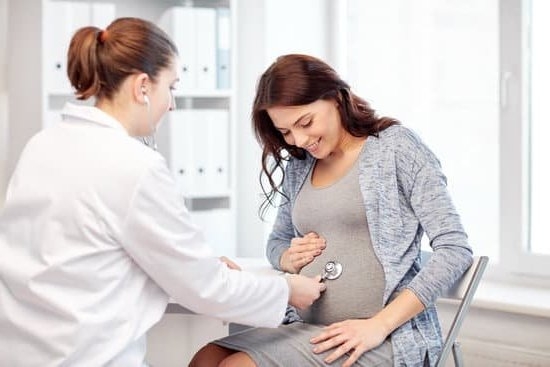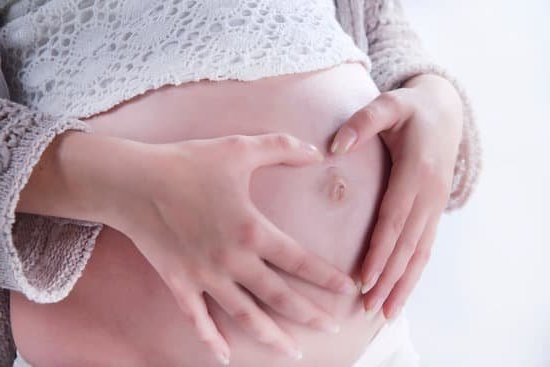How Soon Can Pregnancy Happen
There is no one answer to this question since every woman’s body is different. However, there are some general guidelines that can give you a better understanding of how soon you might be able to conceive.
The average menstrual cycle is 28 days long, but it can be anywhere from 21 to 35 days long. Ovulation typically occurs 14 days before the start of your next period, so if your cycle is 28 days long, you would ovulate on day 14. This means that you would be most fertile on days 12, 13, and 14.
However, not everyone ovulates on day 14. Some women ovulate earlier or later in their cycle. If you have a regular cycle, you can use an ovulation predictor kit to help you determine when you are most likely to ovulate.
If you are trying to conceive, it is important to have sex regularly throughout your cycle. Many couples find that they are most successful when they have sex every two or three days.
How Quickly Can Pregnancy Be Detected
It is often said that the quickest way to know if a woman is pregnant is to perform a pregnancy test. But how quickly can pregnancy be detected without a test
Most women will not have any physical symptoms of pregnancy until at least six weeks into the pregnancy. However, there are some subtle signs that can occur during the early weeks of pregnancy. These signs can include changes in the breasts, nausea, fatigue, and frequent urination.
If a woman suspects that she may be pregnant, she can take a home pregnancy test. These tests are typically accurate as early as four or five days after a woman’s missed period. However, the test may not be accurate if the woman has recently been taking hormonal contraceptives or if she is experiencing a false positive.
If a woman’s home pregnancy test is positive, she should make an appointment with her doctor to confirm the pregnancy. The doctor will perform a physical exam and may order additional tests, such as an ultrasound, to determine the viability of the pregnancy.
How Long After Conceiving Can You Take A Pregnancy Test
Most pregnancy tests are designed to detect a hormone called human chorionic gonadotropin (hCG) in your urine. hCG is produced by the cells of the embryo that will become the placenta. The level of hCG starts to increase soon after the embryo implants in the uterine wall.
Some pregnancy tests can be used as early as four days before your missed period. However, the most accurate results are obtained when the test is taken on the day of your missed period or later.
Can Pregnancy Cause Bv
Bacterial vaginosis (BV) is a vaginal infection that is caused by an imbalance of the bacteria in the vagina. This imbalance can be caused by numerous things, including pregnancy.
There is no evidence that pregnancy causes BV, but there is a strong correlation between the two. Pregnant women are more likely to get BV because the hormonal changes that occur during pregnancy can upset the balance of the bacteria in the vagina.
BV is not dangerous for the mother or the baby, but it can cause some minor complications. BV can cause a woman to have a watery discharge, an unpleasant odor, and itching. It can also increase the risk of preterm labor and delivery.
BV can be treated with antibiotics, but it is important to see a doctor if you think you have BV. Untreated BV can lead to more serious infections.
Can I Get A Positive Pregnancy Test Before Implantation
The answer to this question is a little bit complicated. A positive pregnancy test before implantation is theoretically possible, but it is very unlikely.
Here’s how pregnancy tests work: they detect the hormone hCG (human chorionic gonadotropin), which is produced by the placenta after implantation. So, if you take a pregnancy test before implantation, it will likely be negative, because hCG levels are too low to be detected.
However, there is a very small chance that you could get a positive pregnancy test before implantation. This could happen if you have a very early miscarriage, and the hCG levels from the placenta are still detectable.
So, while it’s technically possible to get a positive pregnancy test before implantation, it’s very unlikely. If you’re concerned about whether you’re pregnant or not, it’s best to wait until you’ve missed your period and take a pregnancy test.

Welcome to my fertility blog. This is a space where I will be sharing my experiences as I navigate through the world of fertility treatments, as well as provide information and resources about fertility and pregnancy.





